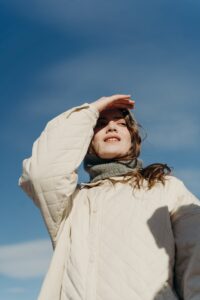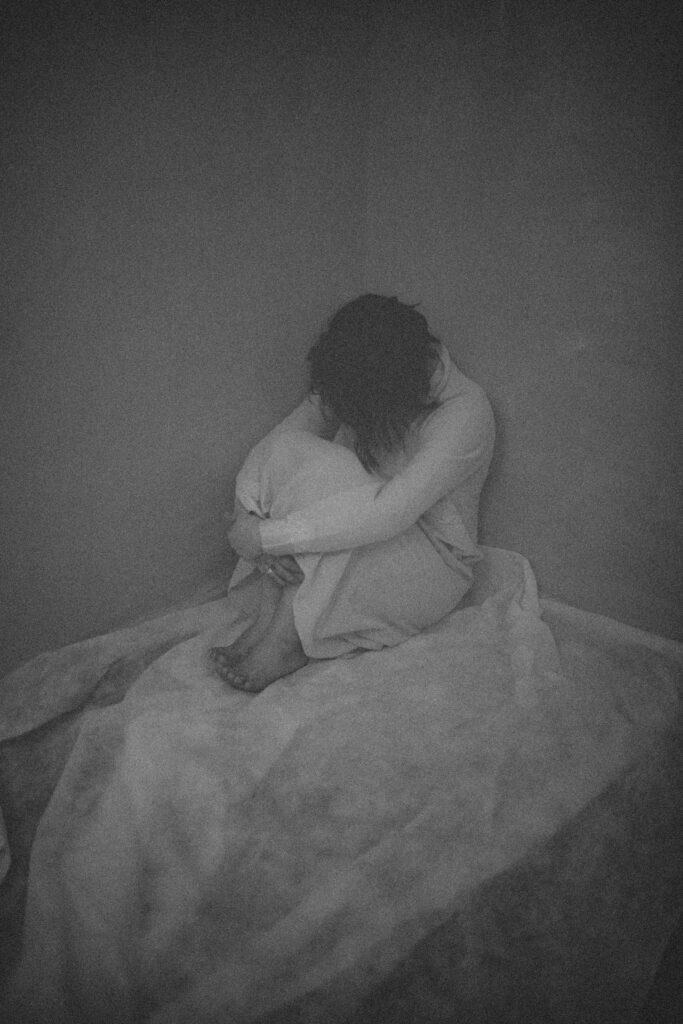 Seasonal Affective Disorder (SAD) is a type of depression that occurs seasonally in the fall and winter months. It affects 1-3% of the general population and affects women more than men. Prevalence is more common the further north or south of the equator you go. Studies have tied SAD to a chemical imbalance in the brain triggered by the increasingly shorter days of sunlight. People with major depression and bipolar depression are more susceptible, with about 15-25% being affected.
Seasonal Affective Disorder (SAD) is a type of depression that occurs seasonally in the fall and winter months. It affects 1-3% of the general population and affects women more than men. Prevalence is more common the further north or south of the equator you go. Studies have tied SAD to a chemical imbalance in the brain triggered by the increasingly shorter days of sunlight. People with major depression and bipolar depression are more susceptible, with about 15-25% being affected.
What are the Signs and Symptoms of Seasonal Depression?
Many symptoms of SAD are similar to traditional depression. Most people feel sad and have a depressed mood. Some have lower energy and ambition and get less enjoyment from their everyday activities. Two symptoms can be pretty indicative of seasonal depression and also happen to be the opposite of traditional depression symptoms. Those with SAD often see an increase in appetite, whereas traditional depression is considered a loss of appetite. Likewise, those with SAD often see an increase in sleep (hypersomnia), whereas regular depression sees insomnia.
How is Seasonal Depression Treated?
- Medication: Many people elect to treat their SAD with antidepressants and find that to be very effective. Psychiatrists often prescribe the common SSRI’s like Prozac, Zoloft, Celexa, or Lexapro. Wellbutrin, an SNRI, is now FDA-approved for treating seasonal affective disorder. A psychiatrist can help select the best medication for you.
- Counseling/Therapy: Some people prefer to avoid medications if possible. Many folks find that they can get through the slump of SAD with a bit of extra support. Counseling and therapy help people through lots of life’s challenges and can be equally effective in dealing with SAD.
- Light Therapy: Photo light therapy, often called SAD lamps, uses UV bulbs to supplement what we naturally get from the sun—shorter days and colder weather cause people to cover up, which limits the sunlight our skin receives. Light therapy is an effective treatment for SAD. The lamp helps promote natural serotonin in the brain and reduces the natural melatonin, which is the hormone that makes us sleepy. Light therapy is most effective upon waking and is recommended for about 30 minutes daily. Like medications, light therapy needs a build-up process of a few weeks before people notice the benefits. Be aware of symptoms in September and October and take action early.
If you want to meet with a psychiatrist or therapist to explore treating your seasonal depression, feel free to contact IPC so you can schedule an appointment with one of our psychiatric providers for a more thorough assessment. Please call us now at 763-416-4167 or request an appointment on our website: WWW.IPC-MN.COM so we can sit down with you, complete a thorough assessment, and help you develop a plan of action that will work for you. Life is too short to be unhappy. Find the peace of mind you deserve.
To get more great resources, sign up for our newsletter, like us on Facebook, or follow us on Twitter.
Innovative Psychological Consultants
Peace of Mind You Deserve
Schedule An Appointment
"*" indicates required fields


